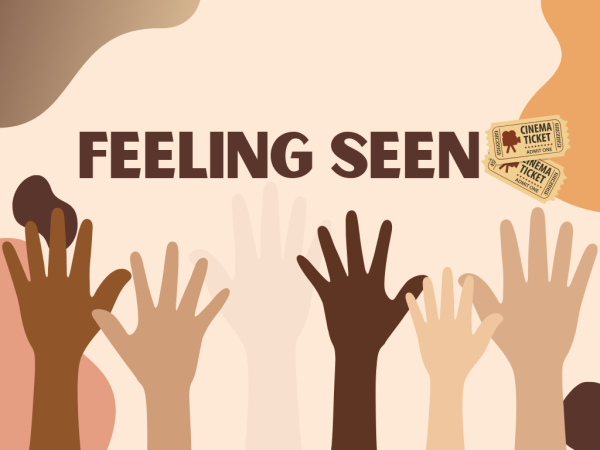Point/Counterpoint: Standardized testing
For: Arisha Hirji
Standardized testing, and whether or not it should continue, has been a topic of discussion for years. Even though standardized testing creates an anxious environment among students, there are a number of positive aspects to be recognized.
Standardized tests are used as objective measures in which students are assessed with similar questions and graded on the same basis. Furthermore, standardized testing gives the education system a chance to identify students who are behind in their learning. A school can then use this information to review its curriculum and adjust anything if necessary.
Local factors can influence a student’s GPA and rank depending on their school and teachers. Grading practices are uneven across different schools, but standardized tests are intended to provide a fair and unbiased basis for students. Standardized testing has some ethical issues, but getting rid of them completely is not a good solution.
Many schools offer free testing days so students can take these tests. A fee waiver can also be requested to cover the costs associated with taking an exam at a testing center. Furthermore, there are several online resources, such as Khan Academy and PrepScholar, which offer free SAT, ACT and AP practice tests. Through good scores on the test, students can strengthen their college applications and earn scholarships. However, most students now have the choice of taking standardized tests and deciding if they want to use them in their applications, limiting the burden it creates. As it is not mandatory, students can use standardized tests to their advantage if it helps them, and if it doesn’t, they don’t need to include any scores on applications.
Against: Yunseo Jo
The nervous sensation of stepping into a testing room filled with rows of desks is no stranger to a student. Although standardized testing for high school students has been around for almost a century, many colleges have been reconsidering their decisions to permanently go test-optional for the SAT, SAT Subject Tests and ACT. This decision acknowledges how ineffective and discriminatory the tests can be at evaluating a student’s knowledge and aptitude.
Official data reports have shown that SAT and PSAT scores correlate to students’ background, race and parents’ education. For example, the 2020 College Board SAT report showed an upward trend in students’ scores that were consistent with the level of education their parents received. The same report also showed that both Asian and White students generally received higher scores than students of color. Although the College Board has attempted to solve the issue of social disparity through an ‘adversity score,’ the idea was abandoned due to negative responses. As standardized testing does not provide equal opportunities and neglects critical factors such as racial and economic disparity, it also does not provide an easy solution for all students who are wanting to continue their education.
Standardized tests attempt to quantify knowledge, but it ultimately fails to do so. Scores merely indicate how good of a test-taker someone is, and one must know the nature of the test and certain strategies to answer specific questions rather than the content itself. I have seen this issue in many of my classes, as I was often met with frustration when receiving grades that I didn’t think correlated to my efforts. Putting emphasis on numbers rather than the content devalues learning and restricts students from seeing the full picture of the course content.
Even though the pandemic has initially paused the requirement of standardized test scores for college admissions and scholarships, it’s time to fully reconsider their purpose as a whole.

Senior Arisha Hirji is the web editor and this is her third year on staff. She enjoys painting in her free time, hanging out with friends and listening...













